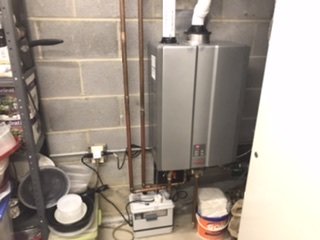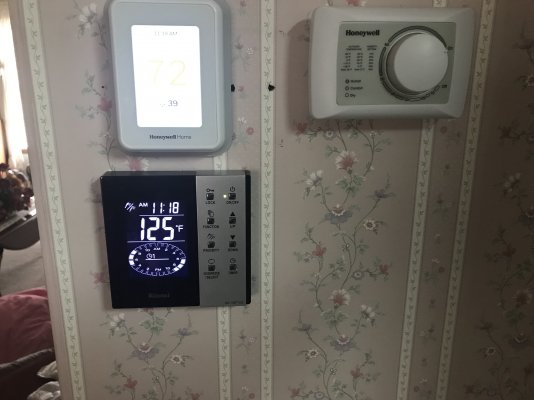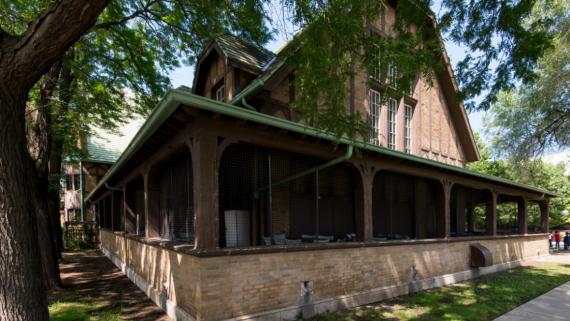Music Lover
Give me a museum and I'll fill it. (Picasso) Give me a forum ...
I used to have a gas HW tank but changed to electric about 15 years ago, mostly so the tank could be moved from the middle to an outside wall and because I'd be able to change the tank myself in the future.
At the time my average summer monthly gas bills averaged $12 - $14 plus fixed charges (the HW tank was the only appliance using gas). So my basic run of the mill gas HW tank cost $13 a month to run. That included both the cost to heat the water and the losses.
Our cabin electrical bill for March to October last year was $220, that included electric HW, a wall AC unit, a fridge, a freezer, a stove plus the fixed charges. We were only there 40% of the time but the fridge, freezer, and HW tank were never turned off.
Based on the real world examples, I can't envision there ever being enough savings to justify switching to tankless.
At the time my average summer monthly gas bills averaged $12 - $14 plus fixed charges (the HW tank was the only appliance using gas). So my basic run of the mill gas HW tank cost $13 a month to run. That included both the cost to heat the water and the losses.
Our cabin electrical bill for March to October last year was $220, that included electric HW, a wall AC unit, a fridge, a freezer, a stove plus the fixed charges. We were only there 40% of the time but the fridge, freezer, and HW tank were never turned off.
Based on the real world examples, I can't envision there ever being enough savings to justify switching to tankless.



